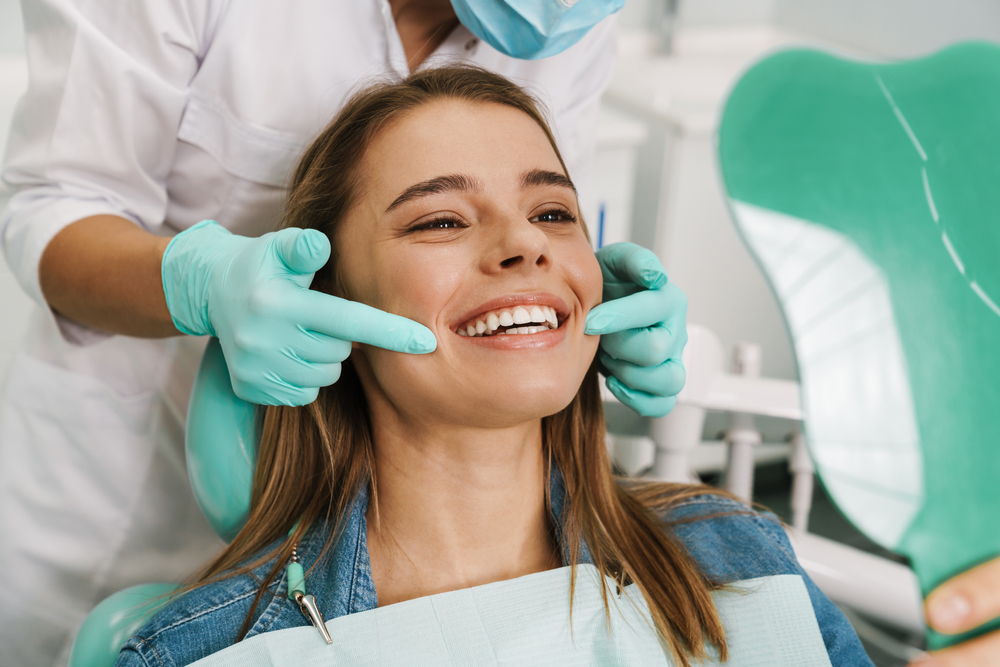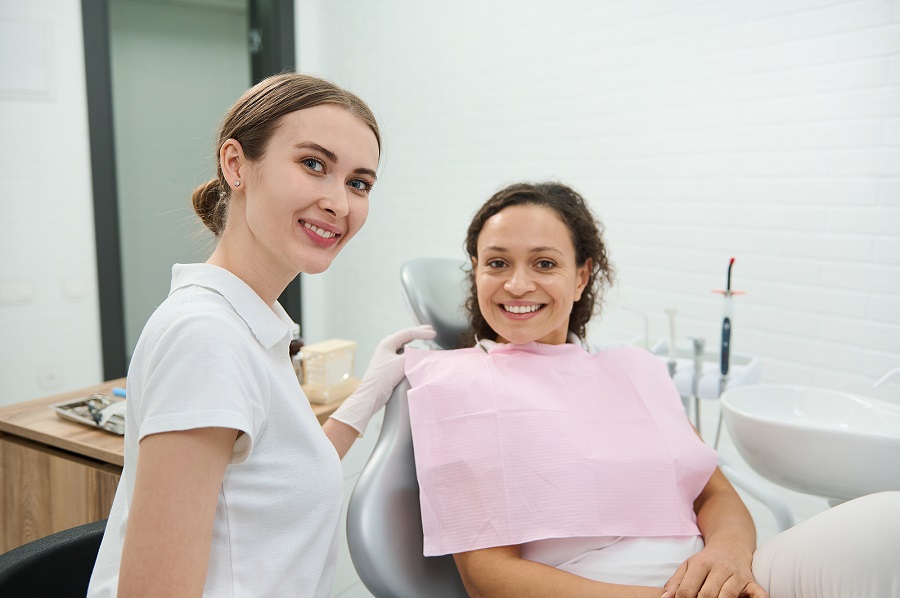Welcome to our blog! Whether you're a dental enthusiast or someone who dreads the thought of sitting in that dentist's chair, we can all agree on one thing - regular dental exams are crucial for maintaining optimal oral health. But what exactly happens during these exams? And why is it so important to pencil them into your calendar? In this article, we'll take you through everything you need to know about what goes down at your next dental exam. So sit back, relax (don't worry, no drills involved here), and let's dive right in!
The Importance of Regular Dental Exams
When it comes to maintaining a healthy smile, regular dental exams are non-negotiable. Sure, you might brush and floss diligently every day, but there's more to oral health than meets the eye. Dental exams provide a comprehensive assessment of your teeth, gums, and overall oral hygiene.
Think of these exams as preventive maintenance for your mouth. By catching any potential issues early on - like cavities or gum disease - your dentist can address them before they escalate into bigger problems. Plus, regular cleanings can remove plaque and tartar buildup that brushing alone may not be able to tackle.
But it's not just about preventing tooth decay or gum disease. Your dentist will also check for signs of other conditions, such as oral cancer or temporomandibular joint disorder (TMJ). Catching these issues in their early stages significantly increases the chances of successful treatment.
Attending regular dental exams is not only vital for maintaining good oral health but also plays a role in your overall well-being. Research has shown links between poor oral hygiene and various systemic diseases such as cardiovascular disease and diabetes. So, by taking care of your teeth and gums, you're indirectly looking out for your overall health, too.
So don't skip those dental appointments! Regular exams ensure that any potential problems are addressed promptly while helping to keep your smile bright and healthy. It's time to make those pearly whites a priority!
What Happens During a Dental Exam?
During a dental exam, your dentist will evaluate the overall health of your teeth and gums. The first step is usually a thorough examination of your mouth, where the dentist will check for any signs of decay or gum disease. They may use tools like a mirror and probe to get a closer look at each tooth.
Next, they will likely take X-rays to get a more detailed view of what's happening beneath the surface. X-rays can reveal issues such as cavities between teeth or problems with tooth roots. These images are essential for detecting potential problems early on.
After examining your teeth and reviewing the x-rays, your dentist may perform a professional cleaning known as scaling and polishing. This process removes built-up plaque and tartar from your teeth, helping to prevent future dental issues.
During the exam, it's also common for dentists to conduct an oral cancer screening. They'll carefully examine your lips, tongue, cheeks, throat, and other oral tissues for any abnormalities that could be signs of cancer.
Once all these steps are completed, your dentist will discuss their findings with you and provide recommendations for treatment if necessary. This could include anything from filling cavities to scheduling follow-up appointments for further procedures.
Remember that regular dental exams play a crucial role in maintaining good oral health. By catching issues early on through routine examinations, you can avoid more extensive (and costly) treatments down the road! So don't forget to schedule that next dental appointment – it's worth every minute spent in the chair!
Conclusion
Regular dental exams are essential for maintaining optimal oral health. By scheduling and attending these exams, you can prevent potential dental issues from progressing into more serious problems. During a dental exam, your dentist will thoroughly examine your teeth, gums, and overall oral health to detect any signs of decay, gum disease, or other concerns.
In addition to the examination itself, your dentist may also perform professional cleanings and take X-rays if necessary. These steps help ensure that your teeth are in their best condition and allow for early detection of any underlying issues.
Moreover, dental exams provide an opportunity for you to discuss any concerns or questions you may have with your dentist. They can offer guidance on proper brushing and flossing techniques as well as recommend specific treatments or procedures tailored to address your individual needs.
Remember that prevention is key when it comes to maintaining good oral health. Regular dental exams not only help keep your teeth looking bright but also play a crucial role in preventing more extensive treatments down the line.
So don't wait until you experience tooth pain or notice visible problems – schedule your next dental exam today! Your smile will thank you for it.
More Blog Posts
Office Hours
MON9:00 am - 5:00 pm
TUE9:00 am - 5:00 pm
WED9:00 am - 5:00 pm
THU9:00 am - 5:00 pm
FRIClosed
SATAppointment Only
SUNClosed






